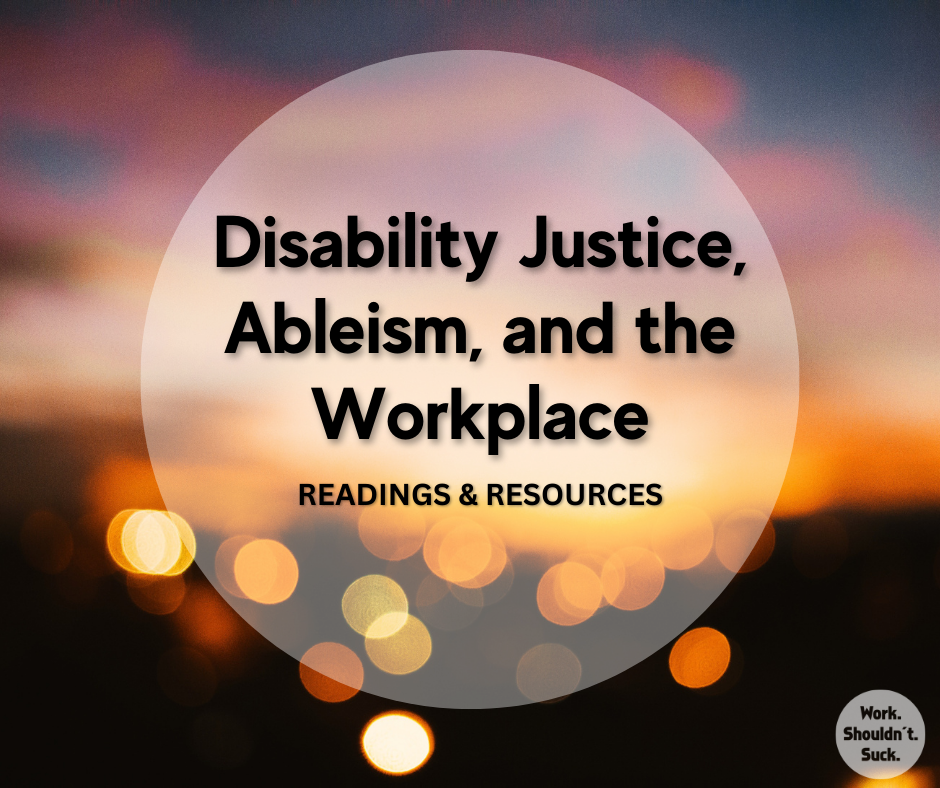Human Psychology & The Office Renovation: Or Any Change Initiative for that Matter
Remember that time you tried to change something and it involved other people? People will love this new thing, you said. It will make their lives so much better and easier, you said. Remember how you were blindsided by the push back, the skepticism as to your motives, and the accompanying anxiety, angst, and negativity directed towards you?





















